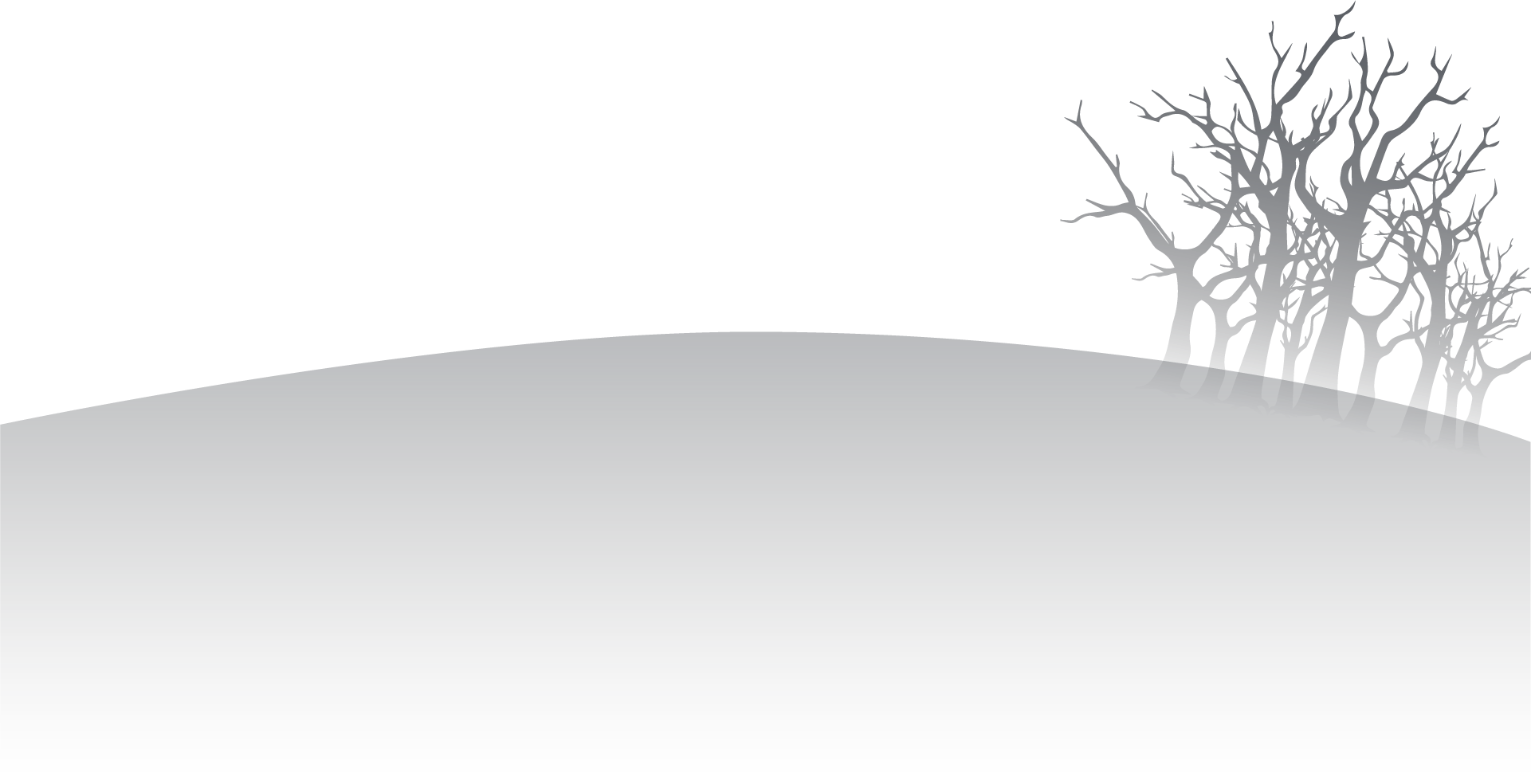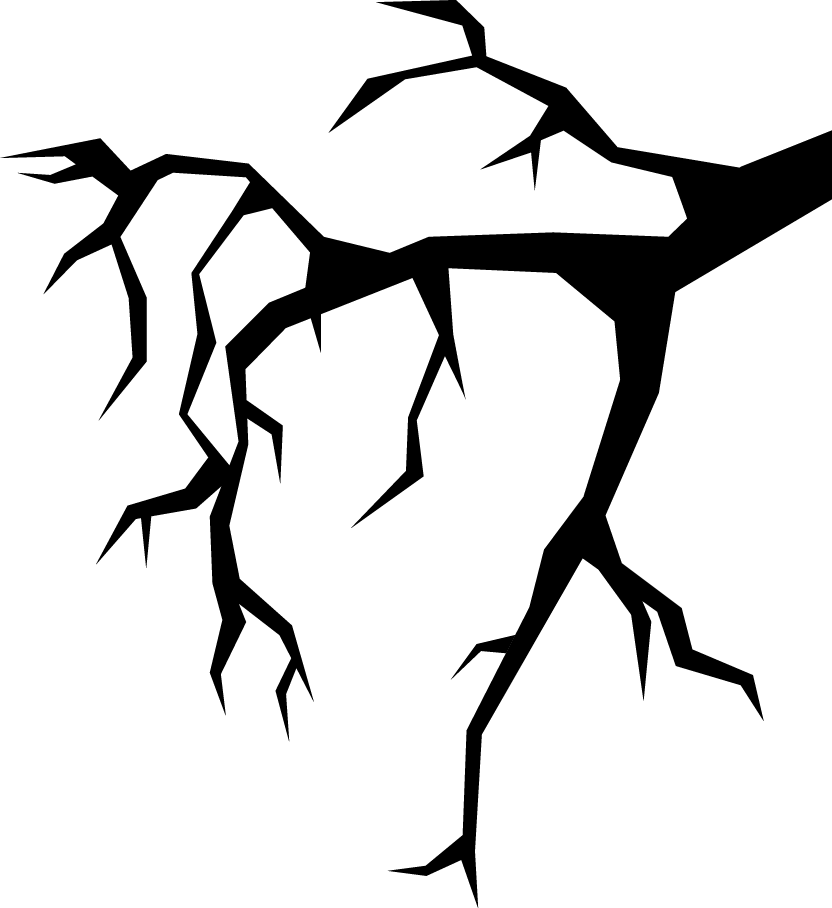


Depression can look different for everyone. It can range from mild to severe. Knowing the different types of depression can help you seek the most effective treatment. The following are only a few possible types, and therefore it’s important to seek professional help to get the correct diagnoses.
Each person may experience some of these symptoms from time to time, however it may not exactly be an indication of having depression. Similarly, a person experiencing depression may not show all these symptoms. If these symptoms are persistent for more than two weeks, it’s recommended to seek professional help. The following are commons signs and symptoms of depression:
Treatment for depression is different for everyone. There is not one perfectly proven way to treat depression effectively for everyone. The benefit of having multiple different treatments available is that if one treatment is not working for you, you can always try another. It’s important, however, to seek professional help and advice, especially for medical treatments.
1
“Depression”. Healthdirect. https://www.healthdirect.gov.au/depression
2
“Signs of Depression”. Healthline. https://www.healthline.com/health/depression/recognizing-symptoms
3
“Depression Symptoms and Warning Signs”. HelpGuide. https://www.helpguide.org/articles/depression/depression-symptoms-and-warning-signs.htm
4
“Depression”. National Institute of Mental Health. https://www.nimh.nih.gov/health/topics/depression/index.shtml
5
“Types of Depression”. Beyond Blue. https://www.beyondblue.org.au/the-facts/depression/types-of-depression
6
“Depression - Signs and Symptoms”. Beyond Blue. https://www.beyondblue.org.au/the-facts/depression/signs-and-symptoms
7
“Atypical depression”. Mayo Clinic. https://www.mayoclinic.org/diseases-conditions/atypical-depression/symptoms-causes/syc-20369747